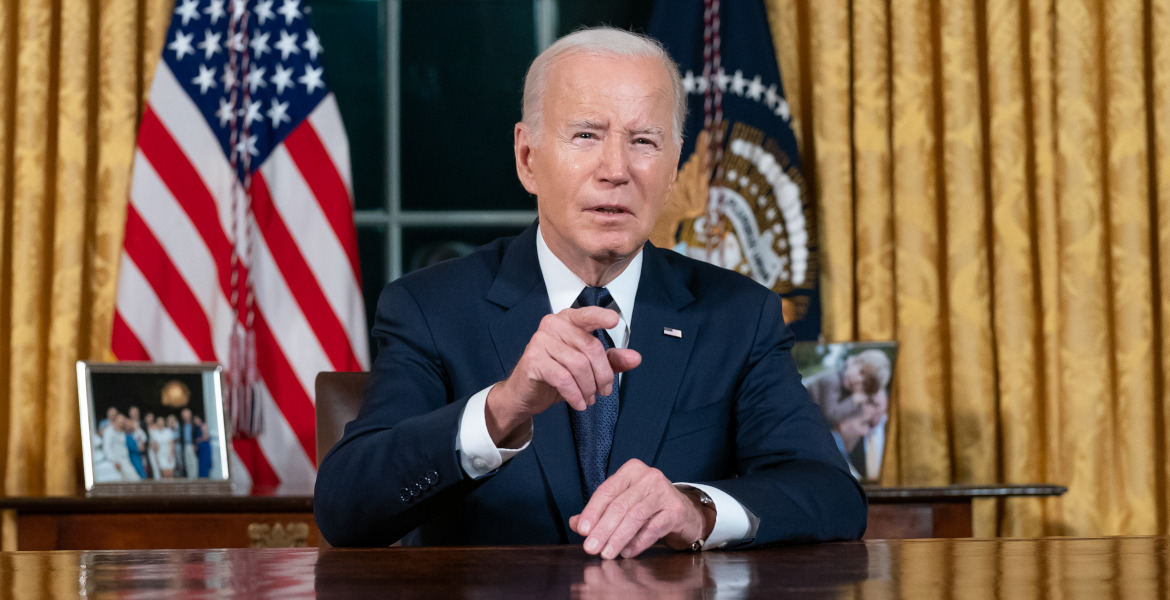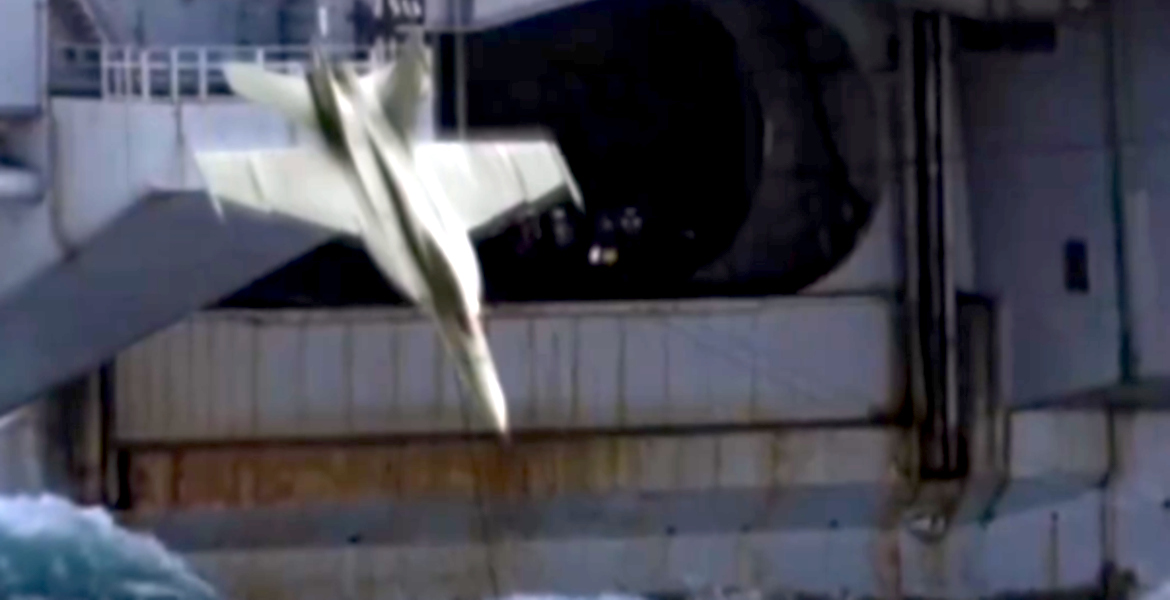Two explosions occurred within minutes of each other during a memorial ceremony for assassinated General Qassem Soleimani. At least 103 people are believed to have died in the attacks, and Iran's president is now vowing to "take revenge on those behind the terrorist attacks".
The bombings took place in the Iranian city of Kerman on the anniversary of the death of General Qassem Soleimani, and around 150 other people were reportedly injured in the attacks, which took place near the mosque where the general is buried.
– The incident is a terrorist attack, Rahman Jalali, deputy governor of Kerman province, told Iranian state television.
– We will definitely take revenge on those behind the terrorist attack in Kerman, declared President Ebrahim Raisi.
Several of those killed were reportedly children, and no one has yet officially claimed responsibility for the attacks - although many have pointed the finger at Israel, which killed an Iranian brigadier general in an airstrike on Christmas Day.
Fears of war
General Qassem Soleimani served in Iran's Revolutionary Guard and was commander of its elite Quds Force, where he played a key role in strengthening the country's military presence in Iraq, Syria and Lebanon.
He was assassinated in a US drone strike on January 3, 2020, in a joint operation with Israel.
There are now widespread fears that the war in Gaza will escalate further, drawing the entire region into a protracted and wider war.
The aftermath of deadly blasts in the Iranian city of Kerman on the 4th martyrdom anniversary of Gen. Soleimani pic.twitter.com/CJ4BOadC4N
— Press TV 🔻 (@PressTV) January 3, 2024
BREAKING: IRAN TERRORIST ATTACK DEATH TOLL INCREASES TO 103 KILLED 141 INJURED pic.twitter.com/Tg1eqMl9nl
— Sulaiman Ahmed (@ShaykhSulaiman) January 3, 2024






